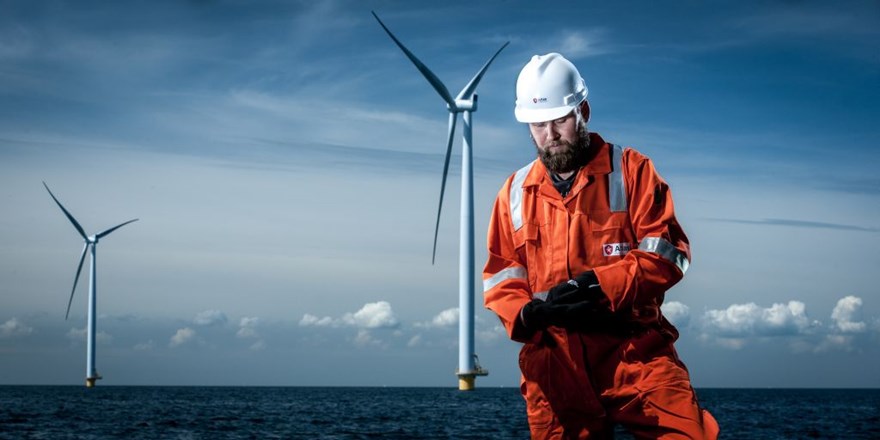
October 2018: International recruitment company Atlas Professionals has won a tender to produce an in-depth report for the Top Sector Energy about employment opportunities in the Dutch wind industry. The study will be essential for both the industry and educational institutes. The industry relies on highly trained experts and specialists at all levels and is thought to be facing a personnel challenge in the coming years. The educational institutes need to know how many people should be educated and what competences are required.
Atlas — an authority in renewables sector recruitment — was commissioned by Rijksdienst voor Ondernemend Nederland (RVO) / Netherlands Enterprise Agency on behalf of TKI Wind op Zee (Top consortium for Knowledge and Innovation Offshore Wind). Atlas has already started its research and will issue its findings in March, 2019.
Employment in wind
The International Energy Agency (IEA) expects that wind will be the most important source of energy in Europe after 2030, creating around 569,000 jobs. For its part, the Dutch government has promised to build five wind farms of 700 MW each by 2023 and adding at least 1000 MW per year during the period 2023 – 2030. However, even though the country’s wind industry is growing exponentially, it is not clear what the potential of the wind industry in the Netherlands with regard to employment will be in the years ahead, the kind of skills and competencies the industry will require – or even the number of personnel will be needed.
Any shortages in this area could have a devastating impact on the future of wind power, with possibly dramatic consequences for the fight against climate change.
Joost Pellis, Strategic Manager Renewables at Atlas Professionals, says: “This is an exciting time for the Dutch wind industry. Yet, in recruitment terms, wind is a young and uncharted sector. To ensure that it can continue to operate at optimum levels, real insight is needed into the necessary recruitment numbers and the skills and training programmes that will be required in the Netherlands. The industry must be properly prepared for the future and able to find solutions to potential recruitment problems before they occur. That is why this research is so important, it will provide a ‘road map’ for employment in the offshore wind industry as we head towards 2023 and then on to 2030.”
Research
TKI Wind op Zee and RVO have installed an advisory board for this project representing vocational education institutes and the industry. John Baken, on behalf of Wind op Zee says: “The study will contribute towards providing detailed insights into the need for personnel now and in the near future. Current estimates have a wide range of variety; the study will build on this by estimating the amount of personnel required and their competences at various levels. Our goal is to provide guidelines for schools and other educational bodies, to enable the organisation of courses in a targeted manner.”
To carry out the study, Atlas is conducting extensive interviews with, key industry experts and contacts from market leading companies involved in the different phases of building offshore wind farms in the Netherlands. The selection of interviewees has been done in close cooperation with the advisory board. On top of this other organisations with links to the Dutch wind industry, such as educational institutes and governmental bodies will be involved.
Producing the report is a unique opportunity for Atlas, which is best known as a leading international recruitment company. Says Joost Pellis: “We are delighted to have been asked to carry out this research by Rijksdienst voor Ondernemend Nederland. Our experience in offshore wind recruitment is second to none and by working closely with our clients and professionals we have developed a deep understanding of the sector.” 